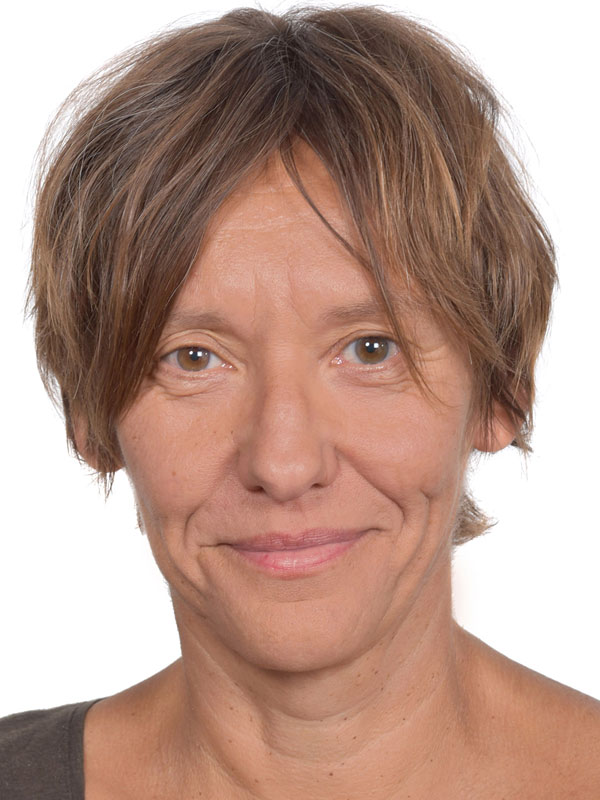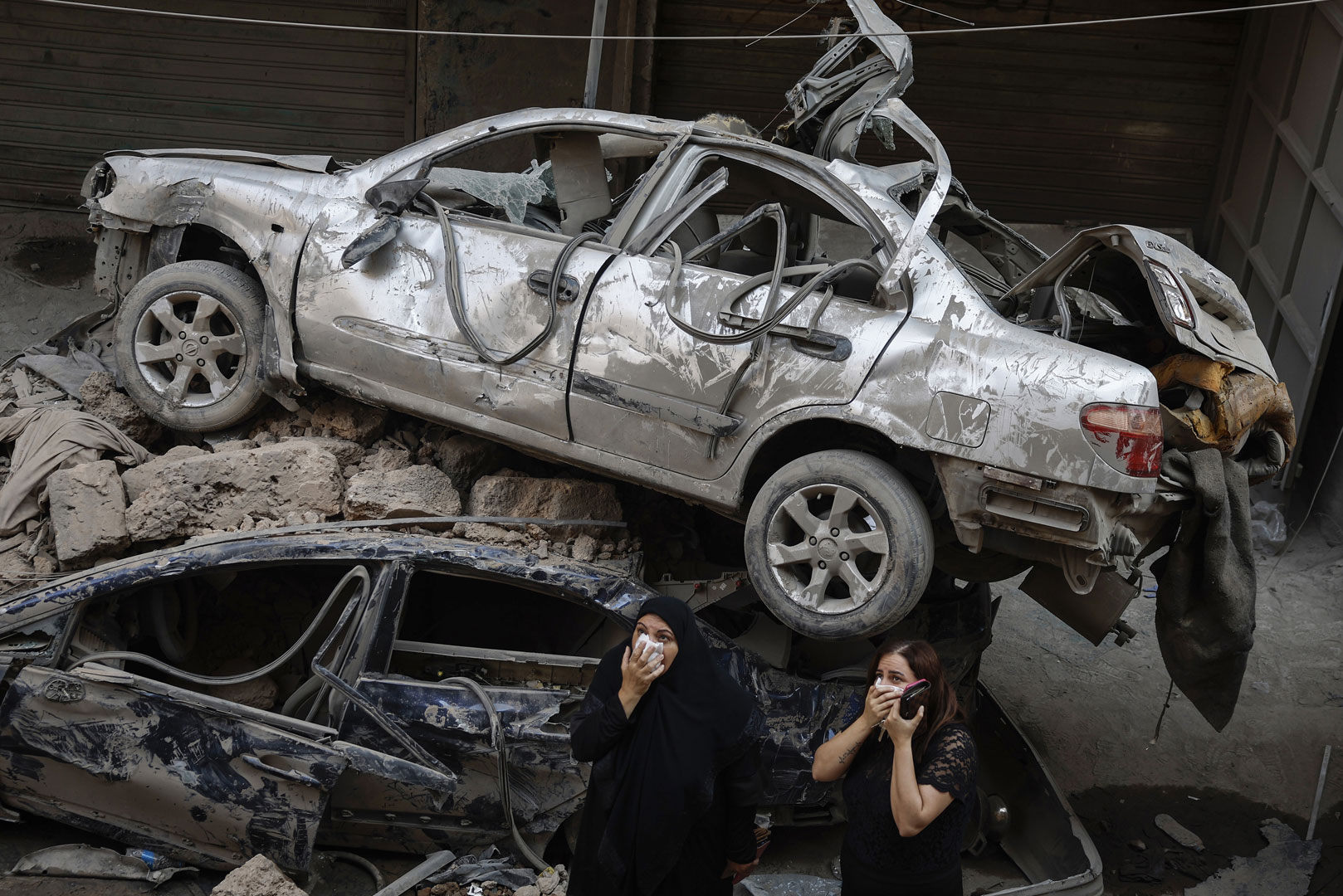
Louisa Gouliamaki is a Greek-Polish photojournalist, staff for the Reuters agency, based in Athens, Greece. She has some 30 years of experience in news and conflict reporting for wire agencies, and has worked with Agence France-Presse and the European Pressphoto Agency. Louisa has covered the Albanian revolution, the Kosovo War and its aftermath in the region, the conflict in Georgia, economic and political turmoil in Greece, the Ukrainian revolution, the refugee crisis and most recently the Israel-Hezbollah conflict.
Her work has been awarded and presented at exhibitions, and festivals in Greece, and abroad, including POYi, CHIPP, PIX3, Days Japan, IWMF, Visa pour L’image, Athens Photo Festival, Sarajevo Winter Festival, Trieste Photo Days, Humanity Photo Awards, Tashkent ale, Lithuanian Photo Circle, UNHCR, galleries in Greece, France, UK, Poland, Italy, the Netherlands and the USA.
She is a graduate of the Faculty of Fine Arts and Design, Technological Educational Institution (TEI) of Athens, Department of Photography and Visual Media.
In September and October 2024, the Middle East saw a rapid escalation of violence: Hezbollah leader Hassan Nasrallah was killed in an airstrike, Israel began a ground invasion of Lebanon, and Iran launched ballistic missiles into Israel.
Israel has intensified its airstrikes on Beirut, specifically targeting Dahieh, a Hezbollah stronghold in the southern suburbs of the city. This densely populated area, home to thousands of civilians, has been repeatedly hit, forcing civilians to seek refuge in other parts of the city or in the north of the country, with many fleeing to Syria.
In early October, Israel bombed the Masnaa border crossing, closing the road to vehicles and forcing people to carry their children and belongings on foot to reach the Syrian part of the border.
The conflict has displaced 1.2 million people in Lebanon, according to local authorities. Displacement shelters have reached capacity, forcing many families to camp along Beirut’s waterfront or on nearby beaches. More than 2,000 people have been killed and thousands wounded since last year, according to the Lebanese Ministry of Health.
